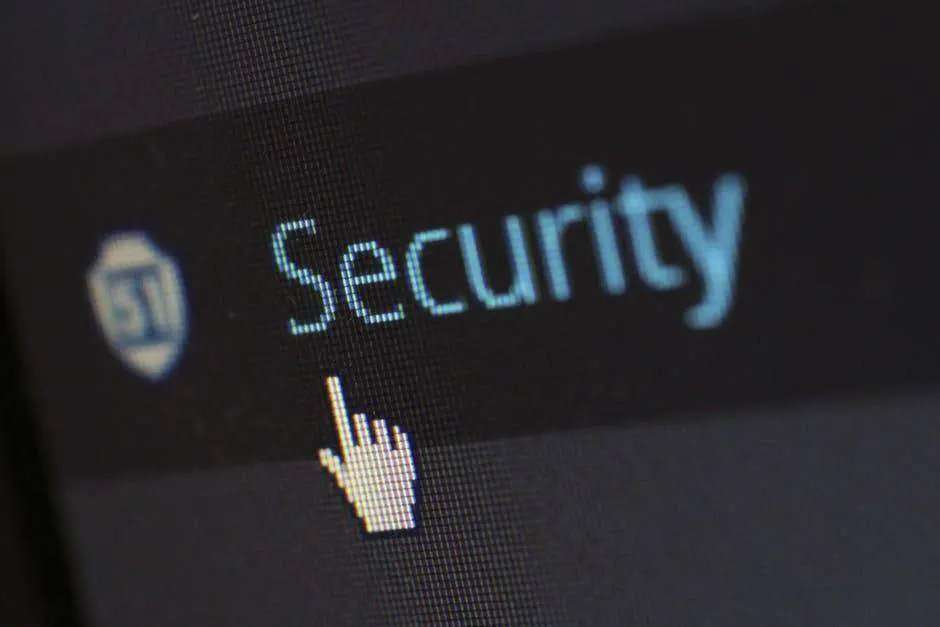Keeping your PC safe from viruses and malware is an essential aspect of maintaining the security and performance of your computer. In this article, we will discuss some best practices that you can follow to keep your PC safe from viruses and malware.
Install Antivirus Software: The first and most important step is to install reliable antivirus software on your PC. Antivirus software can detect and remove malicious software, such as viruses, spyware, adware, and other malware. Make sure that you choose a reputable antivirus software from a trusted vendor and keep it updated regularly.
Update Your Operating System: It is essential to keep your operating system (OS) updated with the latest security patches and updates. These updates can help fix vulnerabilities that could be exploited by malware to gain access to your computer. You can enable automatic updates for your OS, so you do not have to worry about manually checking for updates.
Use a Firewall: A firewall is a security system that helps prevent unauthorized access to your computer. It acts as a barrier between your PC and the internet, blocking incoming traffic that may contain malware. Most operating systems come with a built-in firewall that you can enable.
Be Careful with Email Attachments: Malware can often spread through email attachments. Be cautious when opening email attachments, especially if they are from unknown senders. Scan attachments with your antivirus software before opening them.
Use Strong Passwords: Use strong passwords for all of your accounts, including your PC login. A strong password should be at least eight characters long and include a combination of uppercase and lowercase letters, numbers, and symbols. Do not use the same password for multiple accounts.
Avoid Downloading from Unknown Sources: Do not download software or files from unknown or suspicious websites. Download software only from reputable sources and verify the authenticity of the download before installing it.
Backup Your Data: Regularly back up your data to an external hard drive or cloud-based storage service. This way, if your PC is infected with malware, you can easily restore your data without losing it.
In conclusion, following these best practices can help keep your PC safe from viruses and malware. Remember to keep your antivirus software, operating system, and other software updated regularly, use strong passwords, and be cautious when downloading and opening files. With these precautions in place, you can keep your PC secure and protected from potential threats.





